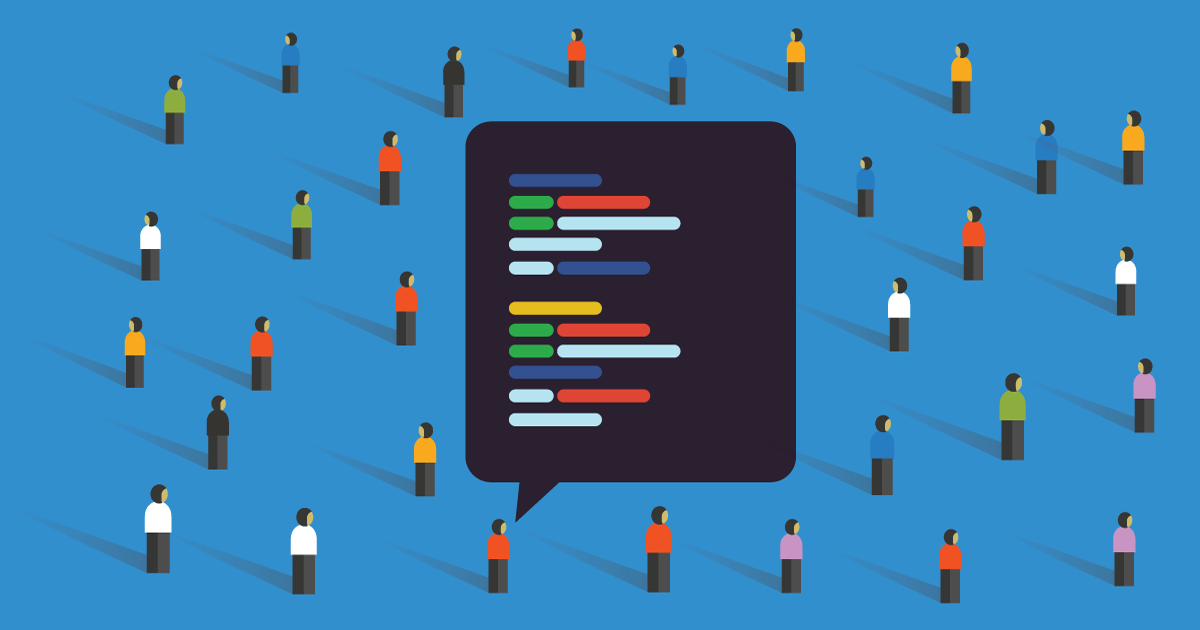Recent searches
Search options
Opt out? Opt in? Opt Green!
50% of consumers buy new devices due to unsupported software, while the "tsunami of #eWaste" continues to rise.
#FreeSoftware #OpenSource can keep those devices in use and out of the landfill. Today!
Say hello to the new #KDEEco project "#OptGreen: #SustainableSoftware For Sustainable Hardware".
https://eco.kde.org/blog/2024-05-29_introducing-ns4nh/
You don't need new hardware for a secure, up-to-date device; you just need the right software!
So, are there any plans to reduce the bloat in KDE, maybe even make a lightweight version (like LXQt) that’s suitable for older PCs with limited resources?
Edit: Video proving that what you are saying is not correct:
tube.kockatoo.org/w/g9p72nNRHi6bArN4ABtSQM
I think that what you are calling “KDE” may be “Plasma”, since you are comparing with another desktop environment.
To answer your question, yes, and the process started some years ago. It sounds like you may be a bit out of the loop, as Plasma now weighs more or less the same as XFCE, or thereabouts (these things are harder to measure than one may assume). I personally installed Plasma 6 on a Dell XPS PP25L from 2008 and it works flawlessly.
I’m not talking specifically about Plasma, I’m talking about the “DE” part of KDE in general; and particularly in this context of repurposing and extending the life of old PCs.
I find it a bit ironic for KDE to be pushing this message, when it’s a heavy DE (relatively speaking) - it’s NOT what anyone would have in mind when when selecting a DE for an old PC.
For instance, take LXQt - run the default/recommended file browser, terminal and text editor, and compare it with KDE + equivalents - you’d see a significant difference in resource consumption. On a system with low RAM, that extra bit of free memory makes a big difference, as it could mean avoiding the penalty hit of the swap file, which you’d invariably run into as soon as you fire up a modern Web browser. So it’s vital that the DE use as little resources as possible on such a machine.
@d3Xt3r @Bro666 These are, in fact, good examples of how Free Software makes it possible to extend hardware operating life. Though the "Opt Green" project falls under the KDE umbrella, the driving force of the project is that the inherent virtues of FOSS make it possible to support hardware for years and even decades after official support ends. And transparency and user autonomy mean you can contribute to make KDE/FOSS even better! That is simply not possible with proprietary software.
KDE Plasma has been reported to work well on computers up 15 years old, and other FOSS projects run on devices even older than that!
At our stand in April at the Umweltfestival, we had a Dell computer from 2003. Debian with LXQt ran on it, but the BeOS-based Haiku ran even more smoothly ... and many KDE apps have been ported to Haiku. So we could demo GCompris to families with kids on a device that is 21 years old.
That is the power of transparency and user autonomy!
This is a great question and one I wish I could answer better. Generally, advances in hardware have been used by software to do more power-intensive things, such as adopting heavier frameworks, processing more data, using higher resolutions, etc. Between the device we demo from 2003 and 2007 you see a major difference in hardware capability, and it makes sense to consider potential userbase when allocating limited resources in development. But there is a larger point ...
... given the open software license and open development process, a group of people can -- and have !!! -- continued to support these devices with up-to-date software. Again, nothing like that is possible with proprietary software. And this will become ever more relevant as everyday objects become computers that toast bread, make coffee, drive, etc. Vendor dependency will result in many devices becoming e-waste just because of abandonware or planned obsolescence.
Or for even more nefarious reasons. This story of the obsoleted Polish trains via software is one of the most egregious examples I have seen.
'Breaking "DRM" in Polish trains:
Reverse engineering a train to analyze a suspicious malfunction'
https://media.ccc.de/v/37c3-12142-breaking_drm_in_polish_trains
@be4foss i suppose sometimes improvements to security, maintainability, extendability and customizability lead to increased complexity and thus, lower performance, and when it comes to desktop enviroments, some prioritize simplicity and performance over the benefits complexity provides more than others.




